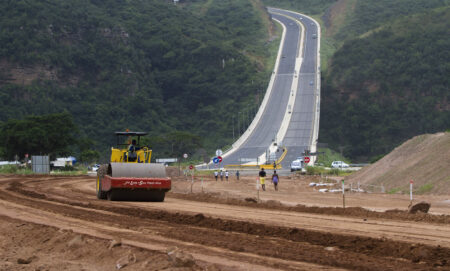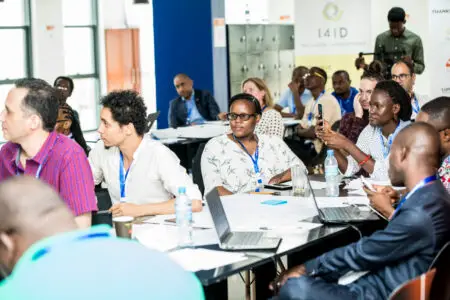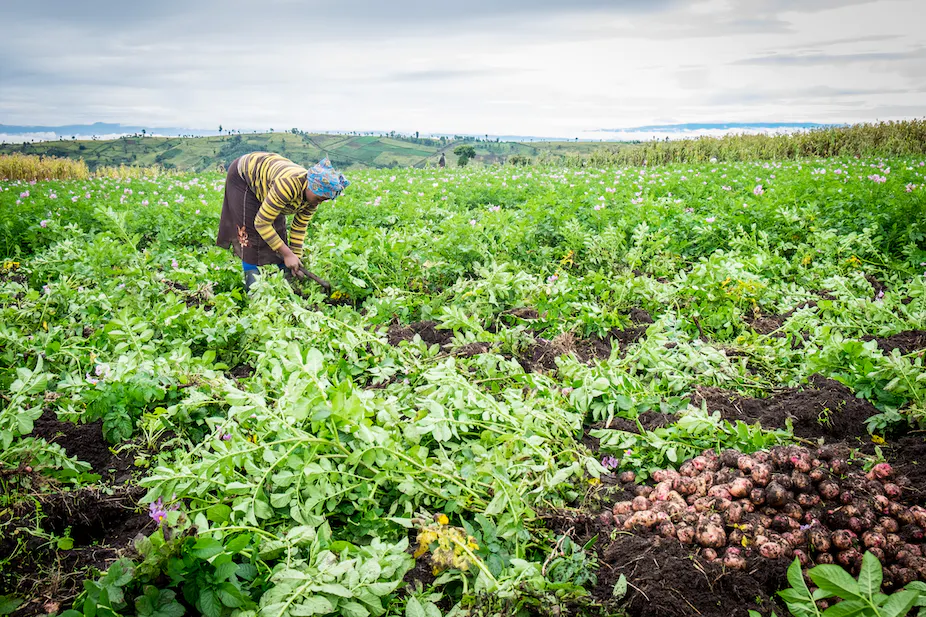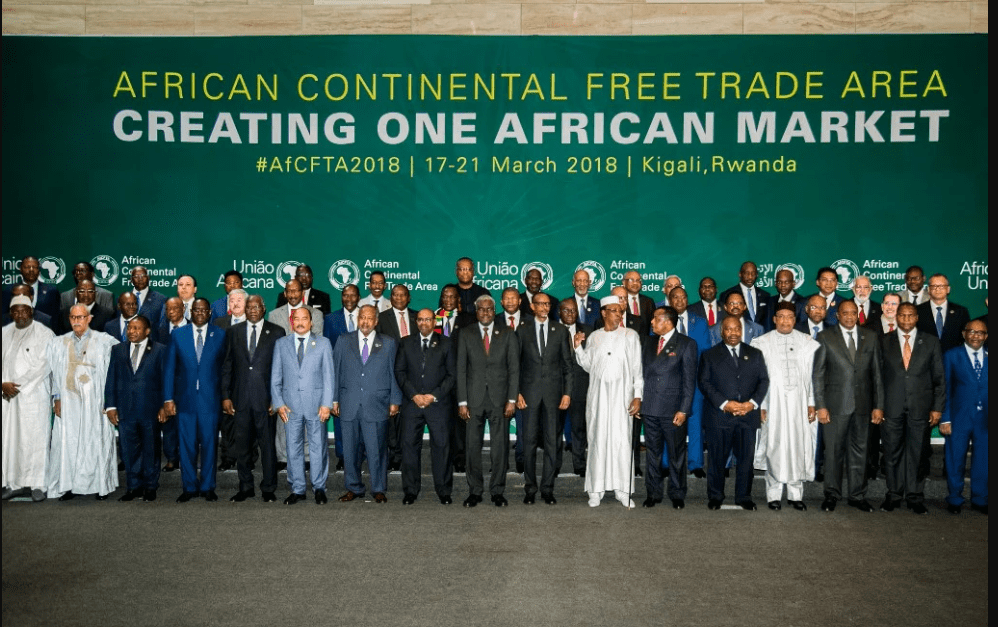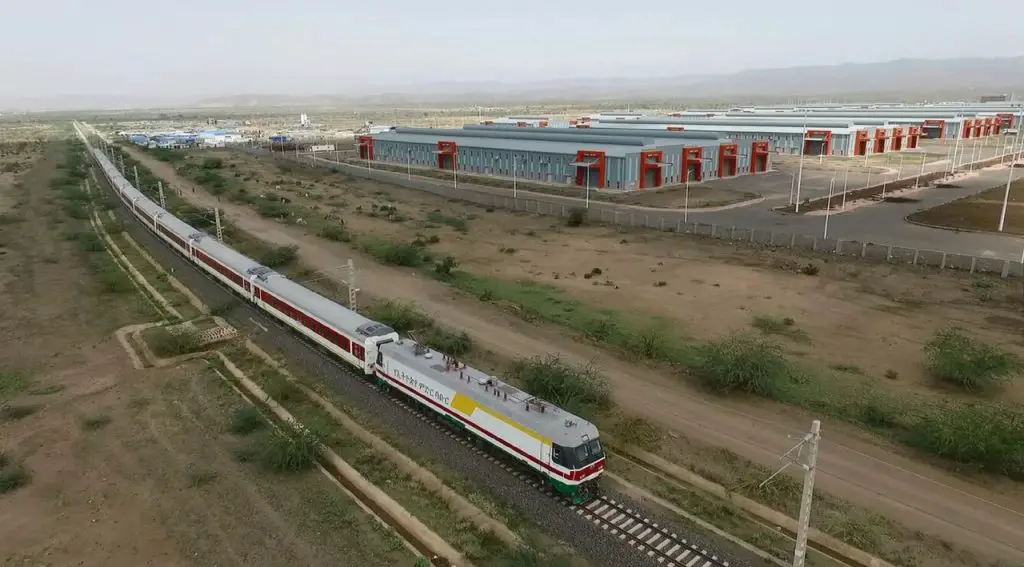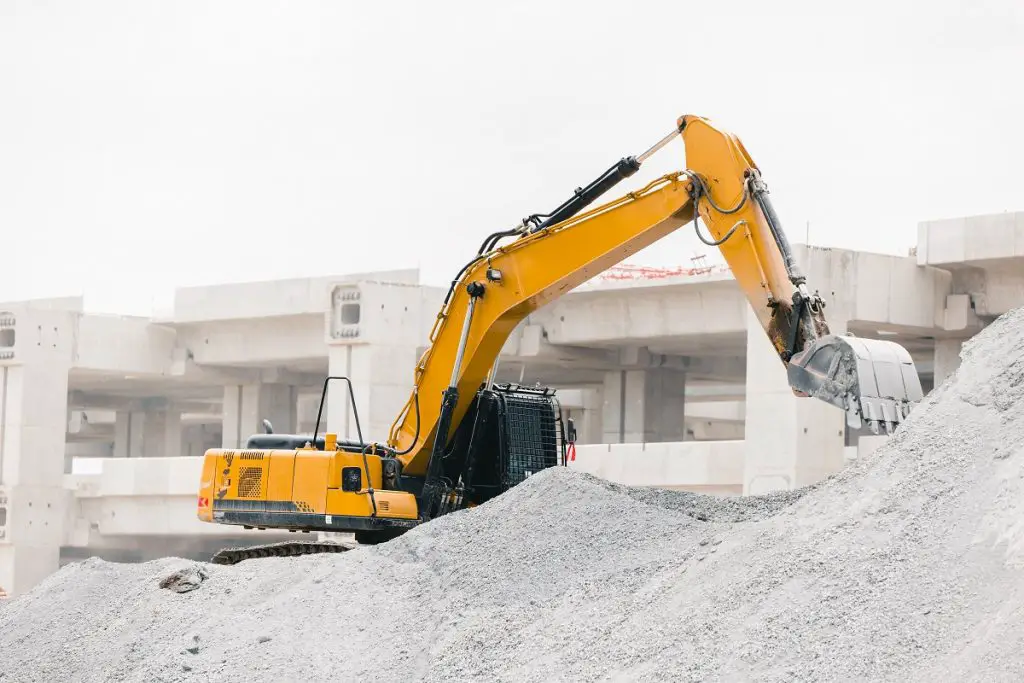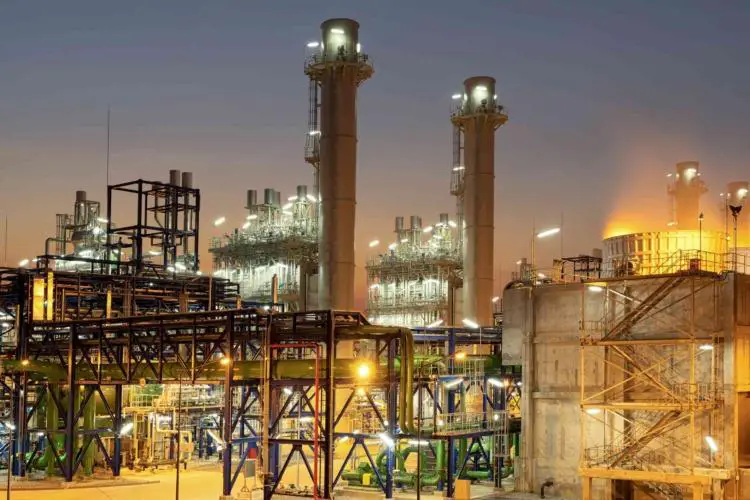- Africa’s new dawn: the rising role of digital and AI in agriculture
- Can Dangote Refinery Transform Africa Energy Ambition
- Gallup Survey: 80 per cent of Kenyan Workers Are Disengaged and Seek New Opportunities
- Madagascar Man Freed from 5KG Tumor After 15-Year Struggle
- How women in Africa are perceived and treated
- Sugar consumption in Kenya to Increase to 1.23 Million Tonnes
- Can Somalia and Turkey Oil deal Bring Change in Somaliland
- Remittances to Kenya dropped to $371.6 million in June, marking a six month low
Browsing: African countries
Population growth and economic development have necessitated speeding up and scaling up infrastructure development in Africa. Over 28 African nations have seen population growth of more than double in the last 30 years. The population of 26 other African countries will quadruple over the next 30 years. Consequently, funding for the continent’s infrastructure has become essential.…
- Seedstars Capital represents an alternative investment platform focused on supporting emerging fund managers and investing in technology companies in emerging and frontier markets.
- Fondation Botnar is a Swiss philanthropic foundation dedicated to improving the health and well-being of young people living in urban areas worldwide.
- The partnership reflects their shared commitment to fostering positive impact through strategic investment.
Switzerland-based investment platforms– Seedstars Capital and Fondation Botnar have launched the Seedstars Youth Wellbeing Ventures mandate targeting Africa. Consequently, they intend to invest $20 million in early-stage, purpose-driven companies. These companies will help improve the well-being of young people in low- and middle-income countries across the continent.
Seedstars Capital represents an alternative investment platform. The platform supports emerging fund managers and invests in technology companies in emerging and frontier markets. Moreover, Fondation Botnar is a Swiss philanthropic foundation dedicated to improving the health and well-being of young people living in urban areas…
Time is running out for Africa to guarantee food security for its population. As the saying goes, it is not very reasonable to keep doing the same things and expect different results.
Africa needs crops that can withstand pests and disease, withstand drought, flourish without excessive pesticides and fertilizers, and produce healthy food. Africa needs crops to enable smallholder farmers to prosper. GMOs provide a powerful instrument for Africa to address these demands when other choices fail over time.…
For historic reasons, bilateral and regional trade in Africa has been hampered by trade routes designed for export away from the continent rather than for facilitating intra-Africa trade. Obstacles include long distances, inadequate transport services, and inefficient institutional and transit regimes.
In many landlocked African countries, economic centres are located several hundred kilometres away from the closest seaport. Overcoming geographic constraints or the lack of economies of scale caused by small transportation volumes is key for all countries, particularly transit countries. A renewed focus on the efficiency of transport and logistics services is long overdue, given that many countries retain policies that favour closed, small, and inefficient services markets.
By committing to no new barriers to services trade during the progressive liberalization process, at least in the five priority sectors—business, communication, financial, transport, and tourism services, and with declining trade costs—the transport sector is bound to expand.…
According to the report, Africa’s urbanization rate will continue to grow among the fastest of the world regions in the coming years as its population grows, which is expected to double by the year 2050.
“We urge policymakers across the continent to enact policies that will encourage urban growth modelled around economic development and poverty eradication,” Dr. Gambo said.
Dr. Gambo, however, noted that funding urban growth still remains a formidable challenge for many countries, but believes it’s achievable.…
Worth noting here is that Africa, including Ethiopia and most of its East African neighbours, are squirming in shipments of second-hand clothing, interestingly, imported from Europe, North America and other western countries.
What better defines neo-colonialism than Africa producing clothes to be exported to Europe and North America only for these very clothes to be sold back to Africa after they have been used! This sounds worse than the renowned exploitative colonial and post-colonial trade agreements (that still hold true and strong) where Africa, using cheap labour, produces raw material, which is cheaply exported to Europe, processed, packaged and sold back to Africa!
Several East African countries have attempted to honour up and ban the import of second-hand clothes. As you can imagine, the attempt failed.…
UNCTAD World Investment Report 2021 specifically states that “Greenfield investments in industry and new infrastructure investment projects in developing countries were hit especially hard.”
These financial flows of investment dollars have deep-rooted implications for Africa in the sense that they are vital for sustainable development in less developed and poorer countries.
The decline in investment flows was disproportionately skewed towards developed countries where FDI fell by 58 per cent according to UNCTAD. Investment flows in developing economies fell by a moderate 8 per cent mainly because of resilient flows in Asia.…
A blue bond is a relatively new form of a sustainability bond, which is a debt instrument that is issued to support investments in healthy oceans and blue economies, wherein earnings are generated from the investments in sustainable blue economy projects.
According to IDB Invest, Blue bonds can raise capital for projects and companies seeking to have a direct impact on the ocean and water-related issues while advancing in social inclusion, economic growth, environmental protection, and the broader 2030 agenda.
The World Bank is the biggest multilateral funder for ocean and water projects in developing countries and is committed to working with investors to highlight the critical need to support the sustainable use of ocean and marine resources which inarguably includes better waste management. …
On November 20, Africa will mark the Africa Industrialization day.
Since 2018, the Africa Industrialization Day has been successfully commemorated with weeklong events. The Africa Union Commission last year hosted the 2020 Africa Industrialization Week celebrations (#AIW2020) on 16-20 November 2020, under the theme “Inclusive and sustainable industrialisation in the AfCFTA and COVID-19 era”.
Economic growth
Industrial development is of critical importance for sustained and inclusive economic growth in African countries. Industry can enhance productivity, increase the capabilities of the workforce, and generate employment, by introducing new equipment and new techniques.
Industrialization, with strong linkages to domestic economies, will help African countries achieve high growth rates, diversify their economies and reduce their exposure to external shocks.
This will substantially contribute to poverty eradication through employment and wealth creation.
China success
Over the last few years , African leaders have been pursuing policies designed to mimic the path China took to …
For the first time in 25 years, growth in Sub-Saharan Africa (SSA) could fall to -5.1 per cent this year due to the Covid-19 which will cost the region anywhere from US$37 billion to US$79 billion in lost output.
This is a sharp drop from last year’s figure of 2.4 per cent showing that SSA is now facing its first recession in two and a half decades. Politically unstable countries are the most adversely impacted with those dependent on the export of commodities such as oil and metals, as well as the tourism sector coming in second.
An analysis by the Global Trade Review (GTR) shows that the risk of sovereign default is growing across Africa because of higher debt levels and currency risk.
In addition, reduced demand and lower commodity prices have affected oil and metals export pushing some African countries which are particularly reliant on these commodities into …





